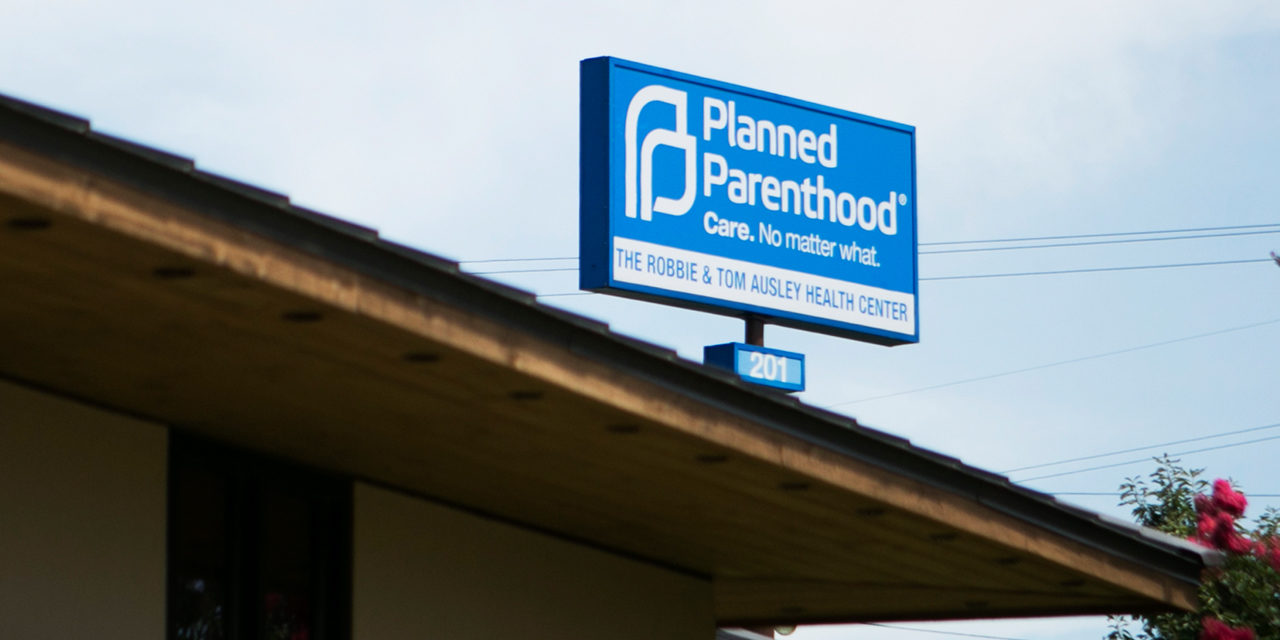After losing a case at the 5th U.S. Circuit Court of Appeals, Planned Parenthood is now being forced to exit Texas’ Medicaid program, with clients being given 30 days to find a new medical provider. Despite what the abortion business claims, it won’t be difficult.
“We think this is unconscionable of the governor to do this in the middle of a pandemic. People that are on Medicaid represent our most vulnerable population and it’s simply an outrage that this is happening now.” Mara Posada, Director of Public Affairs, Planned Parenthood South Texas, said in an interview with a local Texas NBC affiliate.
“It’s not easy to find a new provider, and that is part of the challenge. Patients have less than 30 days now to go and find another provider, when we know there is a shortage right now of providers in our state, so it’s already a stressed system.” Posada said.
But is that really accurate?
For years, Planned Parenthood has attempted to convince the general public that it alone cares about the health of women and that it is the sole proprietor of care for low-income communities. In reality, that simply isn’t the case.
According to Freeclinics.com, there are approximately 578 clinics in the state of Texas that “receive federal grants, state subsidies, or are owned and operated by nonprofit organizations and provide services that are either free or at a reduced rate.” There are 57 clinics in Houston alone. Planned Parenthood has 40 for the entire state, with only six in and around Houston.
Will Planned Parenthood patients find it difficult to find a new provider? Probably not, given the plethora of other available options.
Many of these clinics also offer much more care than Planned Parenthood does, including pediatrics and advanced medical screenings like mammograms or lab work related to cervical cancer screenings. Oftentimes, various doctors’ offices are also willing to accept a limited number of Medicaid patients.
It’s not difficult to imagine that many former Planned Parenthood patients may be pleasantly surprised by not only their options, but the quality care that they will receive.
So how many patients will potentially be impacted by this change? At the most about 200,000 patients could be affected, that’s how many clients the three Planned Parenthood Texas affiliates report serving in a year, but it’s more likely going to affect only 24,000 patients or.05% of Texans on Medicaid.
Many of these patients likely don’t utilize Planned Parenthood for consistent patient care, like the business claims, but as a place to get birth control, sexually transmitted infection (STI) services and abortions.
According to the annual reports from Planned Parenthood of Greater Texas, Planned Parenthood Gulf Coast (which provides services to Texas and Louisiana), and Planned Parenthood of South Texas the number of STI visits equaled or exceeded the number of actual patients. Basically, every patient who visited in the span of a year had at least one STI test if not more.
When it comes to the number of patients who chose to utilize Planned Parenthood for something like an annual pap smear (i.e. a cancer screening), the number was a paltry 5,409 out of 123,539 health care visits in Greater Texas, 3,700 out of 55,981 health care visits for Gulf Coast and 2,884 out of 20,722 patients at South Texas.
What’s perhaps more concerning is that out of nearly 56,000 patients who went to Gulf Coast Planned Parenthood locations, only 118 received an ultrasound for pregnancy dating.
Bottom line, women in Texas will be fine without Planned Parenthood. There are more than enough providers, clinics and health care offices willing and able to pick up the slack and do much more than the abortion business is able to.
The unfortunate thing for Planned Parenthood is that there will be fewer women vulnerable to the machinations of the abortion industry.
Photo from Ilana Panich Linsman/REUTERS






